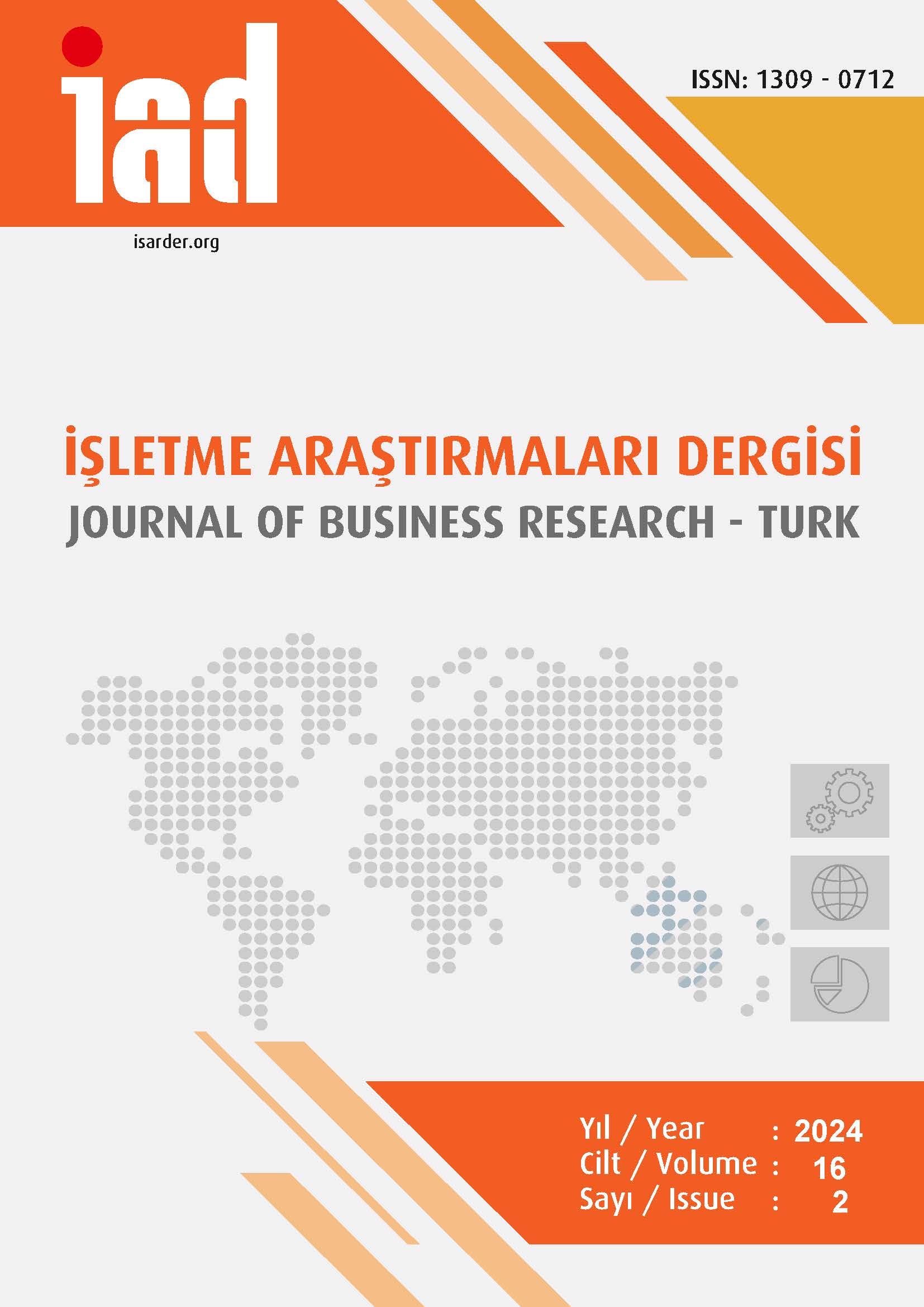Political Risk and Corporate Investment: A Study on Emerging Markets
DOI:
https://doi.org/10.20491/isarder.2024.1844Keywords:
Emerging markets, Political riskAbstract
Purpose – Political risk is a common type of systematic risk in certain geographies, particularly in emerging markets. The objective of this study is to determine the impact of political risk on the investment levels of firms in emerging markets with high political risk. Design/methodology/approach –The research sample consists of firms listed on the stock exchanges of Brazil, China, Egypt, India, Indonesia, Mexico, Peru, Saudi Arabia, South Africa, Thailand, and Turkey. These countries are selected based on their high political risk ratings. The research period spans from 2008 to 2020. A panel regression analysis with a fixed effects estimator is utilized to determine the impact of political risk on firm investments. Findings – According to the regression findings, political risk negatively affects firm investments. However, this relationship is not generalizable and varies in country-specific analyses. Political risk negatively impacts corporate investments in Brazil, China, India, Indonesia, Peru, and South Africa, according to country-level analyses. Discussion – In the scope of the research, the impact of control variables included in the proposed regression model on firm investments is in line with theoretical expectations and the literature. Cash flow ratio, Tobin's Q ratio, cash ratio, and firm size have a positive effect on investment levels. The relationship between financial leverage level and investment level is negative. Furthermore, the impact of political risk on firm investments varies depending on the countries.
Downloads
Published
How to Cite
Issue
Section
License

This work is licensed under a Creative Commons Attribution-NoDerivatives 4.0 International License.





